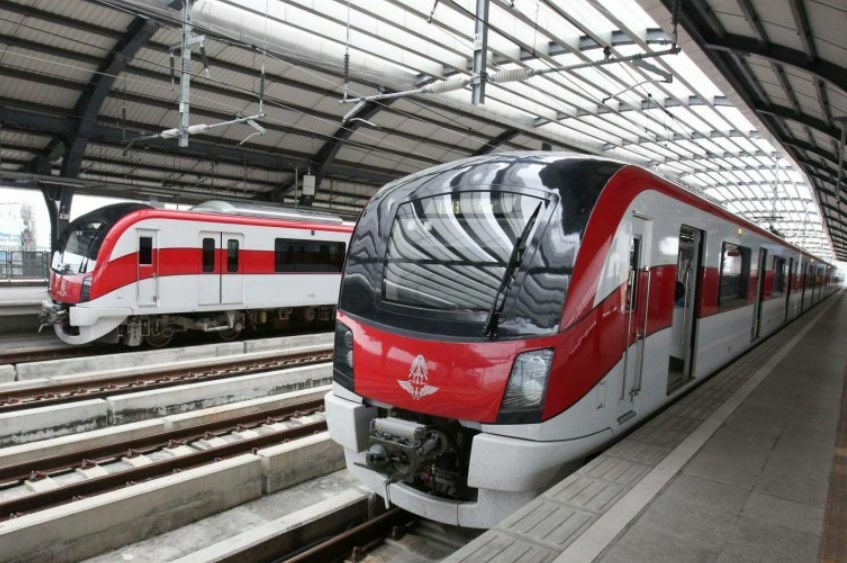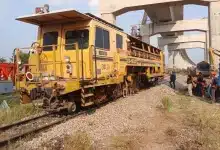Powering up the tracks: Red Line operator urged to spark commuter surge with enhanced feeder network

Red Line operator SRT Electrified Train Co was asked by the Transport Ministry to enhance its feeder network to drive an increase in the number of rail passengers within Bangkok.
Surapong Piyachote, the Deputy Transport Minister, explained that the SRT Electrified Train Co, in conjunction with the Department of Rail Transport, has charted out plans for an integrated feeder network that will connect all electric train lines across the city. He emphasized that an efficient feeder network would lead to a decrease in both commuting time and costs.
Currently, they are testing one such feeder line that connects Rangsit University to Lak Hok Station. According to Pichet Kunadhamraks, the Director-General of DRT, the feeder line usage has seen a surge from 1,000 to 1,500 daily since the government initiated 20-baht fares on specific electric train lines.
Surapong also announced the launch of three additional feeder lines by the end of this year. The first line will connect Future Park Rangsit with Rangsit Station, the second line will span between Taling Chan Station, the Electricity Generating Authority of Thailand office and Salaya Station, and the third line will link Mahidol University and Salaya Station.
Recognising potential impacts on public transport service providers operating along these routes, the ministry and the department will undertake a comprehensive review at the end of the testing period, reported Bangkok Post.
In terms of the effect the 20-baht fare had on passenger numbers, Surapong confirmed an increase. Daily passenger numbers on weekdays rose from 24,945 to 27,941, and from 16,002 to 19,925 on weekends. However, income from fares dropped by 23.63% and 24.31% a day on weekdays and weekends respectively.
The Red Line suburban train service carried out its second annual satisfaction survey this year to assess passenger needs. The outcomes were utilized to enhance service quality.
The National Institute of Development Administration (NIDA), an expert in survey and research, orchestrated and executed the survey across all 13 stations. Read more HERE.
Latest Thailand News
Follow The Thaiger on Google News:


























